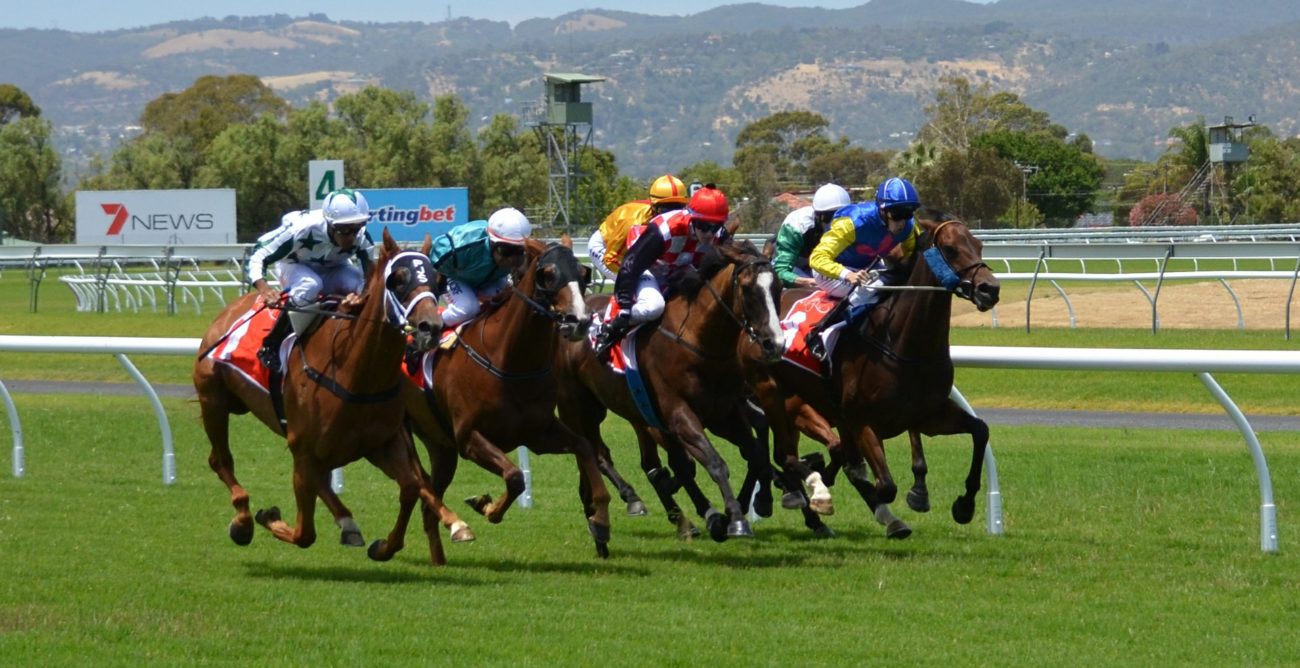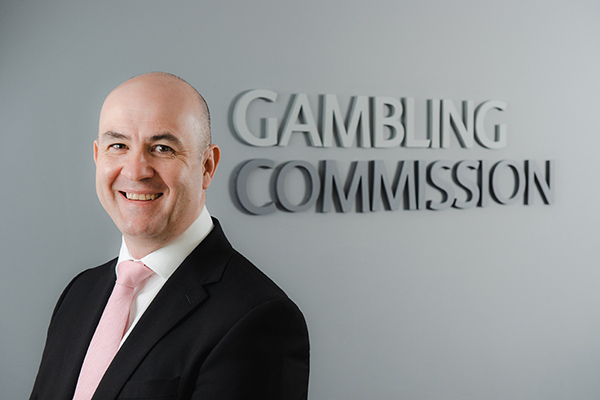UK affordability checks to be debated in February after successful petition

The petition opposed the widespread introduction of financial checks outlined in the Gambling Act review white paper. Jockey Club chief executive Nevin Truesdale registered the petition in early November.
By the end of November, the petition had passed 100,000 signatures, the number required for parliament discussion. A debate has now been scheduled for 26 February after it was discussed in Westminster Hall last Tuesday.
Julie Harrington, chief executive of the British Horseracing Authority (BHA), responded: “The fact that our survey reached the required 100,000 signatures threshold in just 27 days is powerful testament to the strength of feeling shared by bettors over the proposed checks.
“While we support the need to protect individuals from the risk of gambling-related harm it remains the case that millions of people enjoy betting on horseracing without suffering any ill effects.
“The BHA will therefore continue to push for changes to the Gambling Commission’s proposals on affordability checks to protect the sport’s financial future and limit the impact on racing bettors.”
Impact of affordability checks
The much-maligned affordability checks mentioned in the white paper have led to strong industry criticism. Andrew Rhodes, chief executive of the Gambling Commission, stated financial checks were dominating responses to the white paper consultations.
A survey found almost half of respondents were prepared to switch to the black market should affordability checks be implemented. Rhodes claimed those arguments were overstated.
In its November announcement of the petition, the Jockey Club estimated affordability checks could cost the racing industry £250m (€291m/$318m) over the next five years. It also claims bettors may have to prove they can afford to gamble if they lose £1.37 a day.
In countering the horse racing industry’s opposition towards affordability checks, Rhodes highlighted the Patterns of Play research. The report states that the most profitable one per cent accounts for 70.4 per cent of gross gambling yield (GGY).
The issue, however, is what defines an “active” and “dormant” account. Many of the accounts opened in the UK are only used a few times a year for major betting events, rather than by regular customers.
Rhodes walking the tightrope
The white paper’s release in April 2023 committed to increase regulatory powers to combat illegal gambling in the UK.
However, David Brown, a UK industry veteran since 1976 and former executive trading director for William Hill, Coral and LadbrokesCoral, told iGB in a recent interview that affordability checks are indeed driving vulnerable players towards the black market.
“This present scenario of potentially highly intrusive affordability checks is likely to encourage illegal operators within Britain,” Brown said. “There is no room for complacency here.
“A wise position would be to be alive to the threat of illegal activity and work collaboratively as an industry to identify it and prosecute under the law.
“Stopping illegal traffic through geo-blocking and advertising into the country is a good place to start.
“However, that will not halt British bettors engaging with betting operators outside the GC’s jurisdiction. This also does nothing to identify any black market non-digital betting within Britain.”


